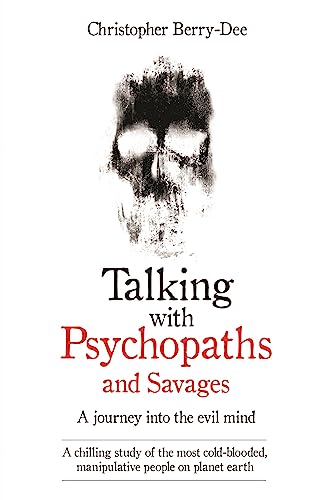
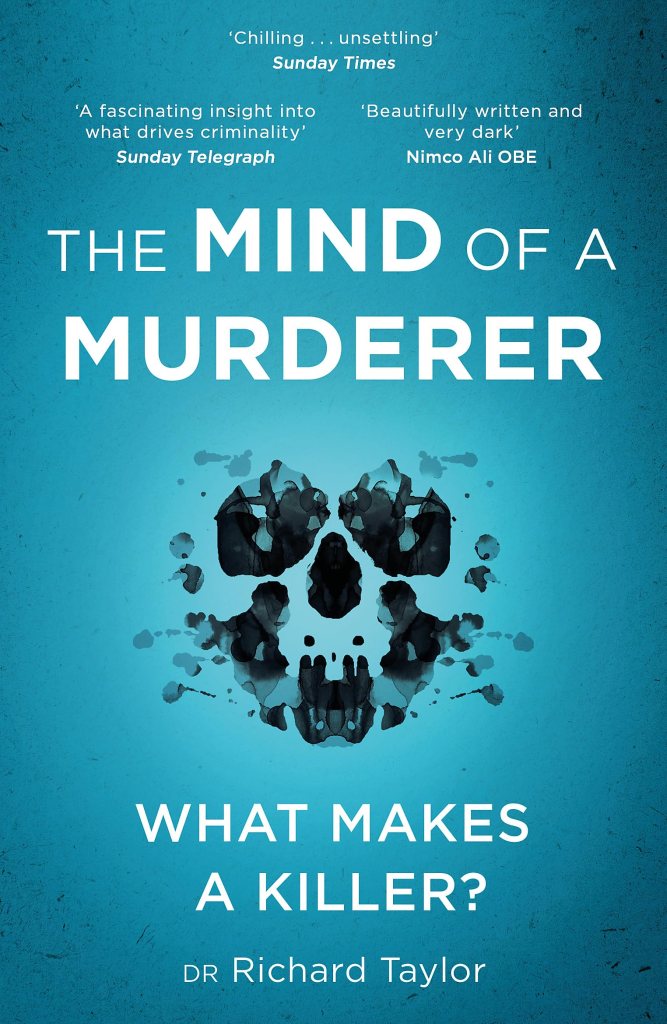
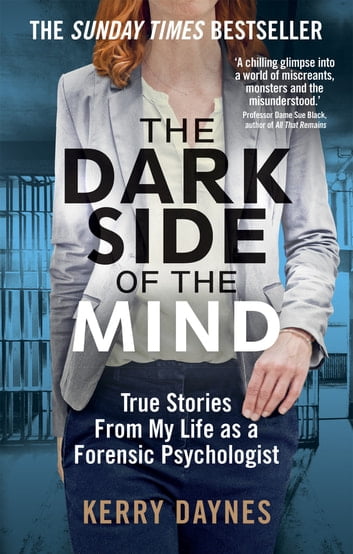
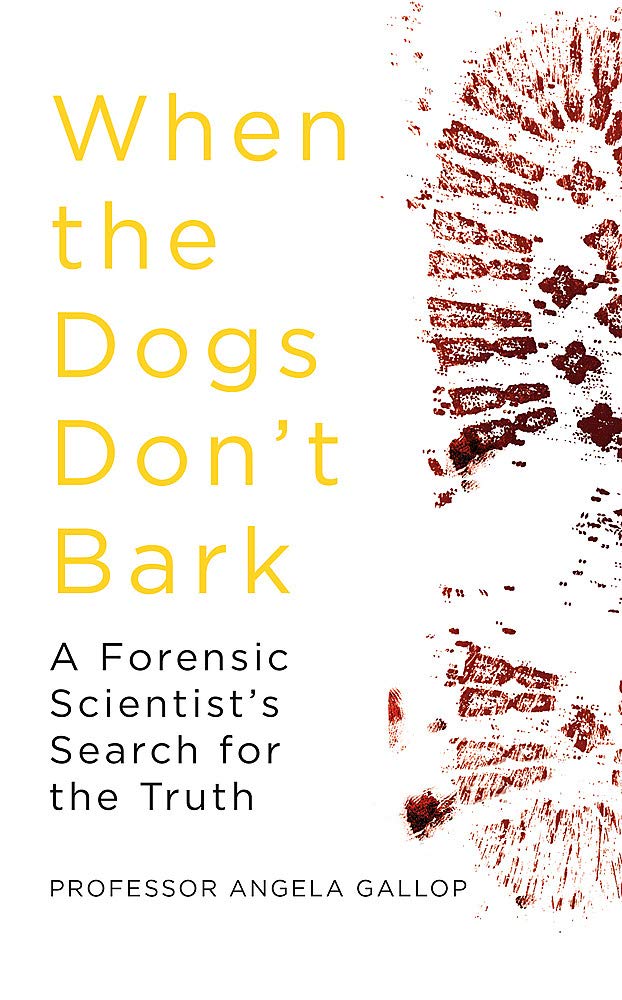
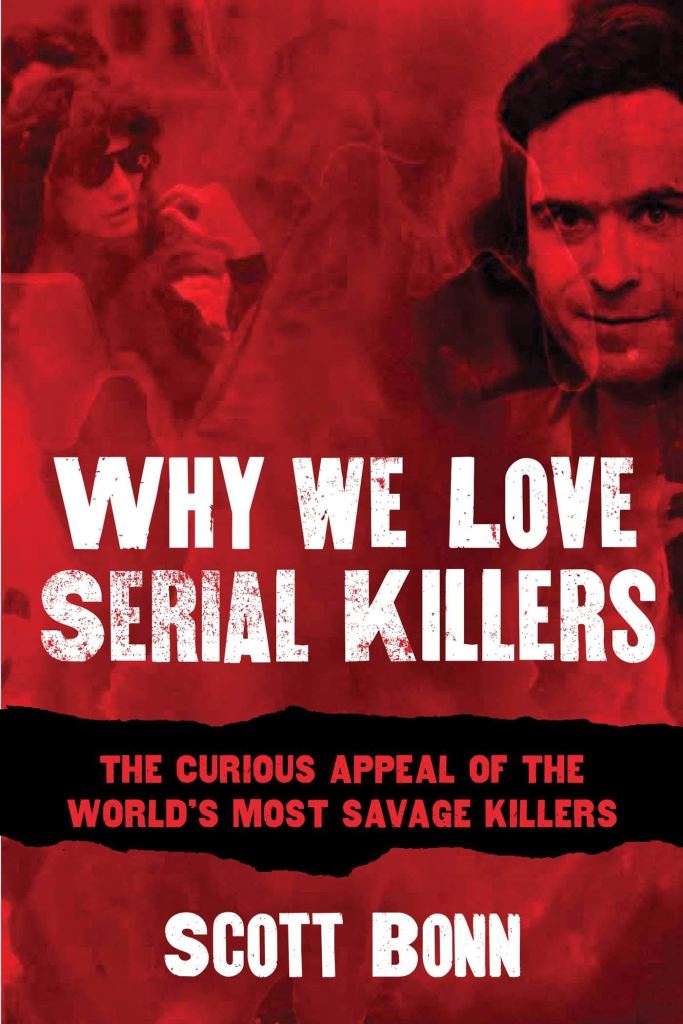
Over the past few weeks, Tuesdays have become a designated time for my guilty pleasure rather than my usual reading routine. Armed with a remote and an ice cream tub, I find myself hovering over the red button, ready to dive into the world of Disney+’s captivating crime comedy, “Only Murders in the Building.” Now, if the idea of finding humour in the midst of a gruesome death makes you feel queasy, chances are your emotional balance far outweighs mine.
The show’s premise revolves around three strangers, each with vastly different personalities, who discover a shared obsession with true crime following a chilling murder, leading them to embark on a podcast journey. With comedy stalwarts Steve Martin and Martin Short, alongside Selena Gomez, headlining the series, it has swiftly become a cultural touchstone of our times.
Evidently, a collective curiosity has emerged, compelling us to peek into the shadowy corners of our psyche. We bring you an assortment of recommended books, authored by industry experts well-versed in dissecting our fixation on true crime by delving into the minds of the very killers that fascinate us.
Unearthing the psychology of true crime fascination: a journey into the mind
Jennifer Schmidt-Petersen, a University of Law academic with a background in psychology and criminology, as well as experience as a police constable, delves into the captivating allure of true crime. From binge-worthy Netflix documentaries and tell-all true crime books to gripping podcast shows, our obsession with unravelling mysteries takes centre stage.
The phenomenon of true crime’s widespread popularity is rooted in our morbid curiosity, according to researcher and author Coltan Scrivner. He draws connections between the allure of true crime, the success of horror films, and the prevalence of violent news stories, suggesting that this intrigue stems from a common psychological trait. Our innate drive to solve puzzles and unveil hidden truths fuels our fascination.
“According to my research, there are four main dimensions of morbid curiosity. One of those I’ve called “minds of dangerous people.” This dimension is all about interest in understanding why people are sometimes violent. True crime is beautifully captured by this dimension.”
Coltan Scrivner
Beyond the entertainment factor, true crime content offers a unique window into human behaviour. By exploring the darkest aspects of humanity from a safe distance, we can gain insights into the motives and actions of others. This vicarious experience allows us to delve into extreme scenarios without leaving the comfort of our homes. Additionally, a 2010 study from the University of Illinois suggests that women, driven by fear of victimisation, tend to be particularly drawn to true crime stories.
The complex impact of consuming crime media
According to Schmidt-Petersen, as viewers, our consumption of crime-related content may serve as a way to gain a sense of control and understanding in an uncertain world. Our evolutionary instincts drive us to pay special attention to potentially threatening information, aiding our learning and survival.
However, this engagement with crime media comes with caveats. The media, including crime documentaries, is not a neutral entity. Different outlets present versions of reality, often perpetuating stereotypes and biases. Policing students must learn to identify these biases, especially considering the impact media can have on shaping perceptions of the legal system. The oversimplified portrayal of individuals as ‘good’ or ‘evil’ overlooks the complexities of real-life situations.
What is the CSI Effect?
The “CSI Effect,” which stems from crime-based TV shows, can also distort public perceptions of forensic science. While this effect raises concerns among legal professionals and law enforcement, its empirical support remains inconclusive. The term initially emerged in the media to describe a phenomenon linked to watching crime-focused TV shows. This phenomenon shapes jurors’ perceptions, leading them to develop exaggerated expectations about forensic science’s capabilities in criminal trials, potentially impacting their decisions regarding a defendant’s guilt or innocence.
Read: Spine-tingling true crime nonfiction reads for Halloween
Although media consumption can sometimes hinder our understanding of crime statistics, it can also aid in solving cases by encouraging witnesses to come forward. Nonetheless, excessive engagement with crime dramas could lead to unwarranted fear or anxiety. It is essential to maintain a balanced approach to media consumption to avoid detrimental effects on beliefs and behaviours.
I’ve written about our responsibility to stop traumatising ourselves on social media in the past. As someone who has worked in the field of conflict as a news editor and former intelligence expert, I am well aware the human mind is not designed for such gratuitous levels of violence. And yet we still go looking for it – I am guilty of this.
Read: Is Barbie a feminist movie? 8 books attempting to subvert pink
The broader societal impact of true crime content raises concerns as well. Focusing on sensationalist crime rather than mundane cases distorts our understanding of law enforcement’s daily responsibilities. Furthermore, the over-reporting of crimes associated with certain societal groups perpetuates harmful stereotypes and biases.
While our behaviours can offer insight and entertainment, it is crucial to maintain a critical perspective and avoid being swayed by sensationalism. Recognising biases and seeking a balanced consumption of media will ultimately lead to a more informed and nuanced perspective on crime and its portrayal in popular culture.
Books on true crime psychology
For those eager to delve deeper into the psychology behind our fascination with true crime and serial killers, a range of experts offer invaluable insights in their thought-provoking books:
- Why We Love Serial Killers: The Curious Appeal of the World’s Most Savage Murderers by Scott Bonn. Delve into our fascination with the macabre through Bonn’s lens. Gain fresh, unique perspectives on the realm of serial killers.
- Talking With Psychopaths and Savages: A Journey into the Evil Mind by Christopher Berry-Dee. Step into the abyss of criminal minds with Berry-Dee, as he unveils the inner workings of some of the world’s most merciless and perilous individuals.
- The Dark Side of the Mind: True Stories from My Life as a Forensic Psychologist by Kerry Daynes. Kerry’s frank memoir gives an unforgettable insight into the personal and professional dangers in store for a female psychologist working with some of the most disturbing men and women.
- The Mind of a Murderer: What Makes a Killer by Richard Taylor. Taylor’s captivating memoir delves into some of the most tragic, harrowing, and enlightening cases, including unsettling revelations from his family’s history. Through these stories, he delves into the complex question that plagues him daily: What drives people to commit murder?
- When the Dogs Don’t Bark: A Forensic Scientist’s Search for the Truth by Professor Angela Gallop. The weight of criminal justice now heavily relies on scientific evidence like never before. With increasingly advanced techniques, forensic scientists can determine the outcome of a case. Angela Gallop, a seasoned forensic scientist with over four decades of experience, embodies this pivotal role.
This article contains affiliate links via Bookshop.org in which we may receive a small commission at no extra cost to you, in order to support local bookshops. We have not been commissioned to review books and services.
[…] Read: Only Murders in the Building: why we love true crime books […]
[…] Read: Only Murders in the Building: why we love true crime books […]